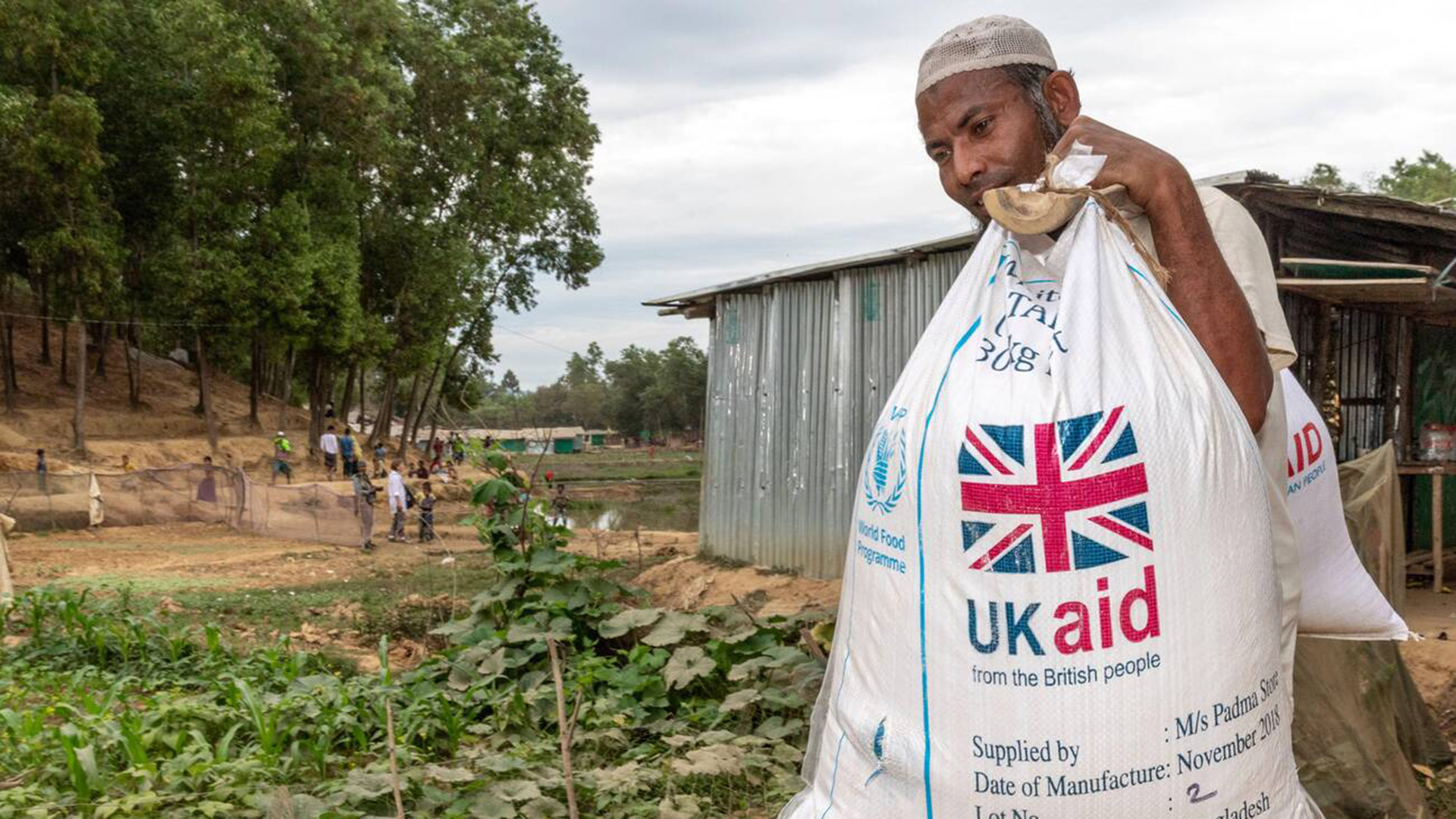At the end of last month, government figures revealed that UK aid to both Afghanistan and Pakistan is to be cut by 53 per cent, from £304.4 million to £141.9m, alongside major cuts to all regions, including East Africa which is in the midst of a four-year major drought.
These decisions made by the government from the comfort of Whitehall directly impact people in regions facing humanitarian crises caused by conflict, poverty and climate change. In contrast, approximately £3.7 billion of the UK aid budget was spent by the Home Office in 2022 for housing asylum seekers in emergency hotels and accommodation while they await their asylum decisions.
The increase in the backlog of asylum decisions combined with a court ruling that the Home Office could not cease providing accommodation support when asylum seekers were at risk of homelessness during the pandemic (previously many were made homeless) has contributed to an increase in the cost of housing asylum seekers in hotels in recent years. Yet these people, fleeing persecution and human rights violations, are not living in luxury. The hotels and centres are often overcrowded and lack basic amenities.
Your support changes lives. Find out how you can help us help more people by signing up for a subscription
Under international Official Development Assistance (ODA) rules set by 37 donor countries, of which the UK is a leading member, the first year of support to newly arrived asylum seekers and refugees qualifies as ODA. This type of assistance, referred to as ‘in-donor refugee costs,’ is intended to cover the first year of supporting refugees with basic services and accommodation. The support is in line with the UK’s duty of care and legal and moral obligation to provide for refugees and asylum seekers seeking sanctuary in our country.
In 2020, when then-Chancellor Rishi Sunak controversially cut the UK’s aid budget from 0.7 per cent to 0.5 per cent of gross national income, programmes supporting some of the most marginalised people in the world were cut. Yet, the Home Office continues to increase its spending of the UK aid budget, surpassing spending on humanitarian assistance, education, water and sanitation in 2021. This means that more and more of the aid budget is being spent in the UK.




